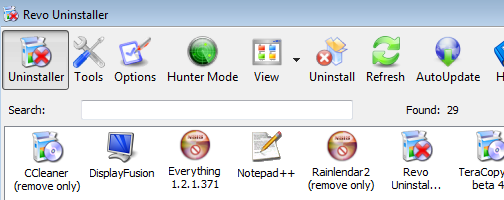The current financial crisis has been running riot on global markets now for more than a year. After many bank collapses, desperate central bank attempts to save the financial market and seemingly forever dropping stock prices, it’s so bad now that we don’t even hear anymore that the worst might be over (even though just today Obama spun some light at the end of the tunnel) – we actually are getting softened up by governments and economic pundits for worse to come. This crisis is the worst capitalism has experienced since the Great Depression in the 1930s. And it is not just a financial crisis – we actually moved towards the centre of a deep social and environmental crisis, which again shows that the capitalist system is not just unrulable but also impotent to cater for our welfare and survival needs.
 This disaster is not a natural catastrophe. Ostensibly it seems the result of the bursting of the US housing bubble and the collapse of the credit pyramid built by the shadow banking system in recent years. But in reality this crisis is systemic, the product of a system in which capital as a form of a society’s wealth circulates around the world on the hunt for huge financial returns for a few individuals. It is the result of global imbalances that have been increasingly exacerbated over the last few years, and it is rooted in policies that deliberately expedited deregulation and liberalisation of financial markets and in the process eliminated the industrial production capacities of countries like the UK and the US. This crisis is also the result of a bottom-to-top wealth redistribution, which primarily made the concentration of fortunes possible in the hands of such few and dramatically widened the gap between the haves and have-nots.
This disaster is not a natural catastrophe. Ostensibly it seems the result of the bursting of the US housing bubble and the collapse of the credit pyramid built by the shadow banking system in recent years. But in reality this crisis is systemic, the product of a system in which capital as a form of a society’s wealth circulates around the world on the hunt for huge financial returns for a few individuals. It is the result of global imbalances that have been increasingly exacerbated over the last few years, and it is rooted in policies that deliberately expedited deregulation and liberalisation of financial markets and in the process eliminated the industrial production capacities of countries like the UK and the US. This crisis is also the result of a bottom-to-top wealth redistribution, which primarily made the concentration of fortunes possible in the hands of such few and dramatically widened the gap between the haves and have-nots.
Banks worldwide so far had to write off trillions of dollars, investment banks have basically disappeared, and the rest of the banking system has been deeply shaken. Stock prices have more than halved and despite a recent respite might decline further. But the really afflicted aren’t the financial managers and stockholders; they are for example those millions of Americans who have lost their homes and pensions. They and millions more worldwide who will lose their jobs over the next year or two are the ones who are bearing the brunt of capitalism’s systemic failure. Let’s also not forget the people in the so-called developing world who have been and will be particularly hard hit by the expanding world economic crisis; they had very little to begin with and will sink even deeper into poverty or simply die. And what about the general populations in societies all over the world who have to bankroll the gigantic bank bailouts with their taxes while sacrificing public service deliveries such as in health, education and social welfare in the process?









 The communique to be issued by more than 100 countries on World Water Day on Sunday climaxes a seven-day gathering on how to provide clean water and sanitation for billions and resolve worsening water stress and pollution.
The communique to be issued by more than 100 countries on World Water Day on Sunday climaxes a seven-day gathering on how to provide clean water and sanitation for billions and resolve worsening water stress and pollution. Attac activists distributed 150,000 copies of their faked, eight-page version of the German weekly Die Zeit in over 90 cities across the country.
Attac activists distributed 150,000 copies of their faked, eight-page version of the German weekly Die Zeit in over 90 cities across the country.
![Reblog this post [with Zemanta]](https://i0.wp.com/img.zemanta.com/reblog_e.png)
